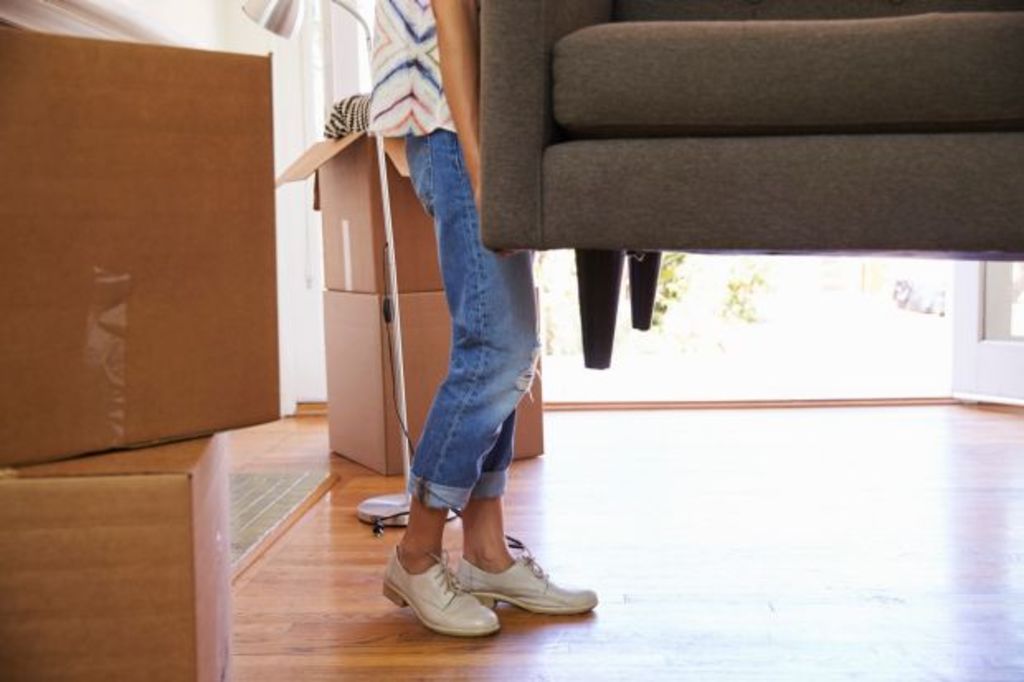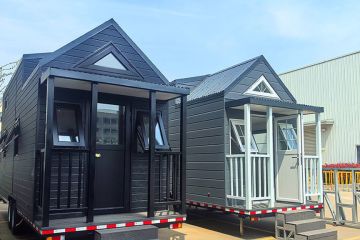The dos and don'ts of 'moving house' etiquette

When we moved house, our neighbours got quite the shock.
Having sold the house so quickly that there was no time for a sign to be placed out the front, the people who lived near us had no idea that we were on the move. And, given that one neighbour was a Mrs Mangel sort, I took great pleasure in her shock at not knowing that something big was happening on the street.
However, don’t do what I did if you want to be considered a polite mover.
Moving etiquette is a concept that keeps everyone in mind: you, your current neighbours and the new community about to be graced with your presence.
When to tell your current neighbours that you’re moving
The etiquette of telling your neighbours you’re on the move depends on how well you know and like them.
“If you have a good relationship with your neighbours, let them know as soon as you know, preferably when you see them at the gate or mowing the lawn,” says etiquette expert at The Good Manners Company, Anna Musson. “That’s because, if you’ve been neighbours for a while, they will feel your absence.
“If you are not close to (or don’t like) your neighbours, advising them one to two weeks before leaving is thoughtful. If you don’t see them around, consider sending a text with your moving date.”
- Related: A stress-free guide to moving house
- Related: Moving house: hire removalists or DIY?
- Related: Here’s what to avoid when hiring removalists
 Having friends help you move can save a lot of time and money. Photo: Stocksy
Having friends help you move can save a lot of time and money. Photo: Stocksy
Is it OK to ask friends to help you move?
It’s the question that everyone dreads being asked, but having friends help you move can save a lot of time and money.
Musson says it’s all in the way you ask – and how you show your gratitude after the event.
“It’s always better to accept an offer for help than having to ask,” she says. “If you have friends who offer, give them a timeframe and an idea of what you want help with. It might be something like, from 8am to 10am to help with the fridge and TV unit.
“But be mindful that your mate with the ute is often asked to help friends move.”
To show how grateful you are for their help – and their ute – be sure to get your friend a little something. “Filling the tank and leaving a case of beer or scotch or their favourite drop will ensure they say yes to you again.”
And don’t forget that you’ll need to return the favour if those friends are on the move soon.
What to give your professional removalists
If you’re paying the professionals to help you move, it’s easy to forget to treat them with the gratitude you’d give your friends.
But moving etiquette also covers those who are paid to be there.
“Offer your removalists fresh water, cups of tea and coffee as often as you can, but it’s not on you to provide lunch,” says Musson.
“But bear in mind that if you don’t put lunch on, they will go and get lunch from the local shop while the clock is ticking so lunch can be the cheaper option!”
Musson’s tips for looking after your removalists include:
- Consider a water bottle with each removalist’s name on it, or several if it’s a hot day
- Let them know which bathroom they may use while on site
- When taking coffee and tea orders, check milk, strength of tea, sugar and put out biscuits. It’s the little things that matter and gestures of kindness can make the whole move go more smoothly.
 Make sure to treat your removalists kindly. Photo: Stocksy
Make sure to treat your removalists kindly. Photo: Stocksy
How do you say goodbye to your current neighbours?
Saying goodbye can be hard to do if you have lovely neighbours, but it’s the right thing to do.
“On the day, pop over to say goodbye and thank them for being such wonderful neighbours with a little bottle of wine or some flowers from the garden,” Musson says.
Giving your new neighbours a heads up
Remember the old chestnut: treat others the way you’d like to be treated. You’d probably appreciate being told when someone next door is moving in, especially if it’s going to cause an inconvenience.
“If you have had the chance to meet your new neighbours, let them know when you will be arriving and apologise in advance for blocking the street,” says Musson. “On moving day, or the first week if you are in a house, knock on your neighbours’ doors with a box of chocolates or some homemade treats to introduce yourselves.”
Sometimes it’s the old-fashioned, polite touches that are the nicest ones of all.
We thought you might like
States
Capital Cities
Capital Cities - Rentals
Popular Areas
Allhomes
More







